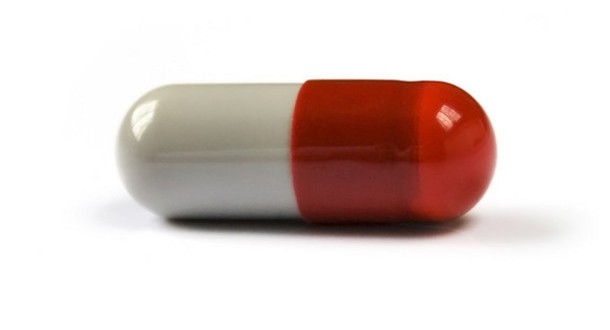Testosterone replacements can increase the risk of serious heart and blood vessel problems, Health Canada says.
The regulator said 12 testosterone replacement products are available, such as Androderm, Andriol, Delatestryl, Androgel, Axiroin, Depo-Testosterone, Testim, and their equivalent generics.
Health Canada has recently completed a safety review on testosterone replacement products. This review found a growing body of evidence (from published scientific literature and case reports received by Health Canada and foreign regulators) for serious and possible life-threatening heart and blood vessel problems such as heart attack, stroke, blood clot in the lungs or legs; and increased or irregular heart rate with the use of testosterone replacement products.
Health Canada is working with manufacturers to update the Canadian product labels regarding this risk. The Department continues to collaborate with foreign regulators including the United States Food and Drug Administration and the European Medicines Agency regarding this safety concern. Health Canada will keep Canadians informed and take action, as appropriate, if any new safety information is identified.
Health Canada would like to remind the public of the following important information from the Canadian Product Monographs regarding the use of testosterone products:
They should not be used in men for non-specific symptoms if laboratory tests have not been done to confirm a low testosterone level and other possible causes for the symptoms have not been excluded.
They should not be used in children under the age of 18 as the safety and effectiveness has not been established in these patients.
They should not be used by women.
What you should do
Before using testosterone products, advise your healthcare professional if you have cardiovascular (heart or blood vessel) problems or a history of these problems.
Tell your healthcare professional if you experience any of the following:
chest pain or discomfort; shortness of breath; sudden numbness in the face, arm or leg; sudden difficulty speaking or understanding; trouble with walking or seeing; headache, light-headedness, dizziness; rapid pulse; sweating; coughing up blood; swelling or pain in the leg (including ankle and foot); changes in skin color (e.g., turning pale, red or blue); a fluttering in your chest, a racing heartbeat, fainting or near fainting.
Talk to a healthcare professional about any questions or concerns regarding your testosterone therapy.
What industry professionals should do
Before starting testosterone therapy, patients should be assessed for any cardiovascular risk factors, such as existing ischaemic heart disease, or prior history of cardiovascular events (e.g. myocardial infarction, stroke, or heart failure).
Patients on testosterone therapy should be closely monitored for possible serious cardiovascular events.
Agencies/Canadajournal
 Canada Journal – News of the World Articles and videos to bring you the biggest Canadian news stories from across the country every day
Canada Journal – News of the World Articles and videos to bring you the biggest Canadian news stories from across the country every day



